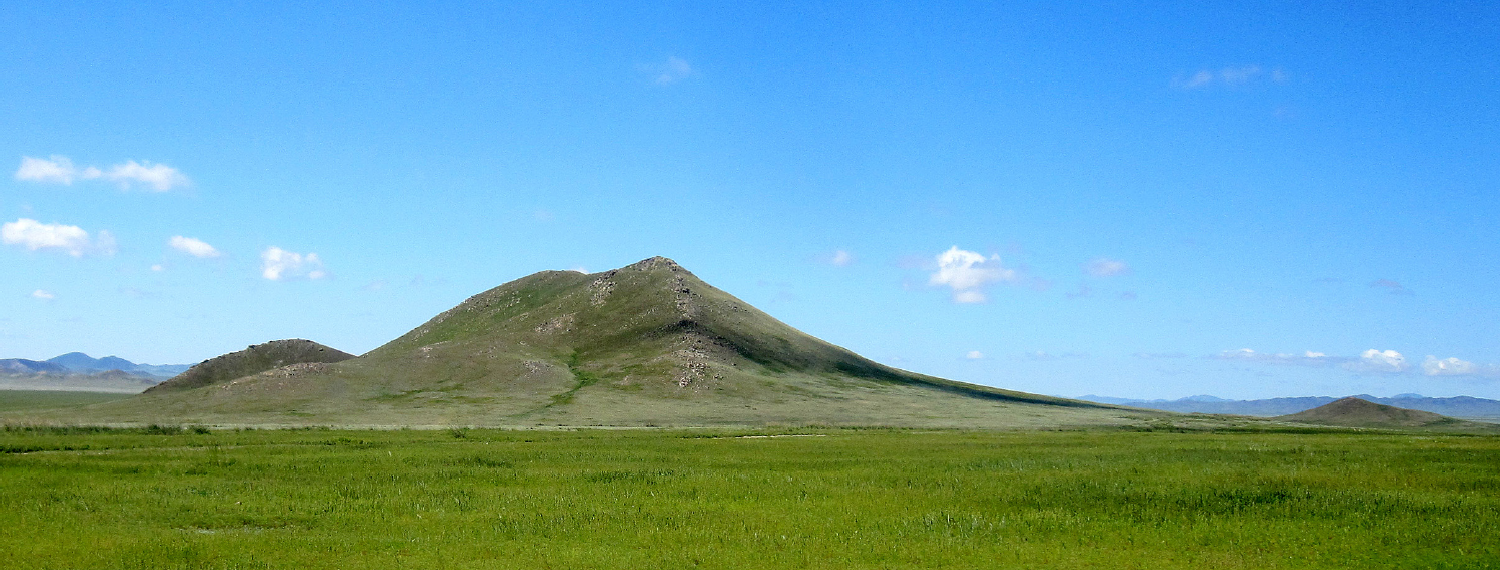
White Russians in China and Mongolia
What actually happened in the "Back of Beyond" (what the Russians call a "bear's corner").
As the forces of the White Armies in Siberia fled following their disintegration, some chose to shelter in China (mostly Xinjiang) and Mongolia rather than surrender. The most famous of these exotic little armies was that of Ungern-Sternberg, but he was far from the only one.
Much of the material here overlaps, but sometimes it is helpful to see it from various angles.
Overview
The Great Retreat: the Dispersion in Asia of the White Russian armies, 1919-1923![]()
This is a book length look at all the eastern White armies following the retreat of Kolchak's army from Omsk. While it does cover pretty much all that happened, including the various Ice and Hunger Marches, the author's particular focus is on the various detachments that went into China and Mongolia.
As well as all the major White forces – Ungern, Dutov, Bakich, Annenkov –his is the only source I have found with detail on the smaller detachments in Mongolia – Kazagrandi, Kazantsev etc – (as I have been unable to get a copy of Noskov's "The Black Year" in English).
There is also a chapter on Pepelyaev's ill-fated expedition, which was the last episode of the Civil War in the east.
Xinjiang
The Russian Civil War in Chinese Turkestan (Xinjiang), 1918–1921 by Michael Share
Xinjiang in the years immediately following the Russian Revolutions. It briefly discusses the fact that the Whites continued to launch raids across the border into Russia, including by some units not even mentioned by Serebrennikov (above).
If the external link fails, then a copy is here
Bakich : a Montenegrin in Russian Service by A. V. Ganin
This is my translation of a book length biography of one of the most prominent White officers by a well-known researcher of the White Armies.
During the RCW Bakich fought first for the KOMUCH People's Army, then for Kolchak. He retreated with his corps to the Semirechy'e and then was forced into Xinjiang. There he kept his men together for several years, before being forced eastwards under Soviet pressure. A brief invasion into the Baikal area ended in disaster.
This map helps in tracking the Semirech'e and Xinjiang place names in the text.
Between China and the Soviet Union (1910s-1940s) from Eurasian Crossroads : A History of Xinjiang.
This gives a bit of background information about the nature of Xinjiang at the time that the White Russians crossed, and what then happened under Soviet pressure in the years following.
If the external link fails, then a copy is here.
Failed campaign to India: Ataman Boris Vladimirovich Annenkov and his detachment in Xinjiang by A. V. Popov
Some information about the various attempts by Boris Annenkov to leave Xinjiang with his army, translated from the Russian.
History of the Independent Semirechensk Army
Background information on the Pygmy Wars site about Annenkov's forces that left for China, including an order of battle.
Mongolia
The Battle of Ulaan Khad by S.L. Kuzmin, J. Oyunchimeg, B. Bayar ![]()
A fairly detailed examination of one of Ungern's battles, which is otherwise very poorly known. Originally in Mongolian, it was later released with a Russian translation, which is what I worked from.
The translation and location of places in 1921 Mongolia is usually a major issue, but the inclusion of co-ordinates in this paper really helps a lot.
A matching file of pictures to accompany the text.

The central features in the battle: Height 2 in the foreground and Height 1 behind it.
The Capture of the Chinese Positions in front of Urga by Baron Ungern by S.L. Kuzmin ![]()
A quick look at the Chinese attempt to keep the Baron out of Urga. Again the location of places by the inclusion of co-ordinates really helps.
A matching file of pictures to accompany the text.
The Yenisei Cossacks in Mongolia During the Civil War Period by Michael Tarasov
The history of one of the smaller Cossack hosts after the RCW. Note that some of the translations of proper names and military terminology in this article are a bit problematic.
If the external link fails, then a copy is here
The Soviet Military Advisors in Mongolia 1921-39 by I. I. Kuznetsov
Of interest to anyone looking at Mongolian military affairs in the period.
Imperial Transformations and the Making of the First Mongolian Constitution, 1911-1924 by Ivan Sablin, Jargal Badagarov, and Irina Sodnomova (from the book Socialist and Post-Socialist Mongolia)
Of interest to anyone interested in digging into Mongolian politics in the period.
If the external link fails, then a copy is here
Ossendovsky as a Source for the History of Mongolia by S. L. Kuzmin
Ossendovsky is a major source for Baron Ungern von Sternberg, and so it is of interest to know how reliable his work is. Reasonably trustworthy, apparently, by this account.
Ossendovsky's Beasts, Men and Gods is available at Project Gutenberg.
Asian Odyssy by Dmitri Alioshin
The full text of another major source for Baron Ungern von Sternberg.
